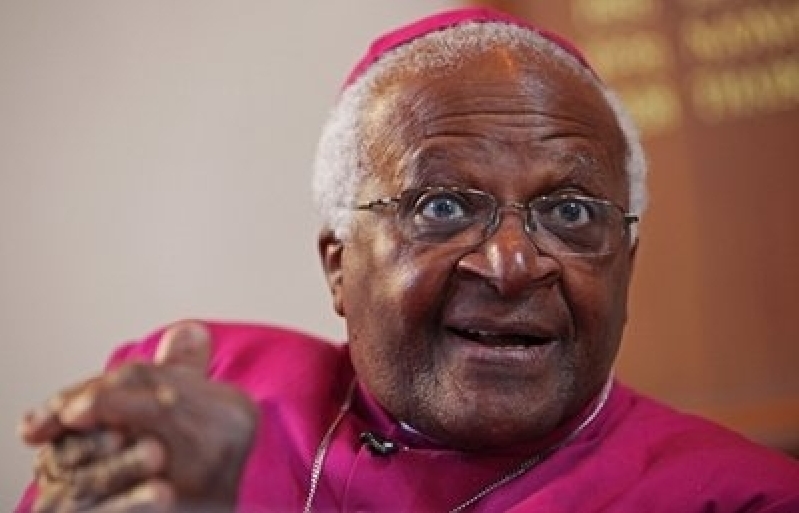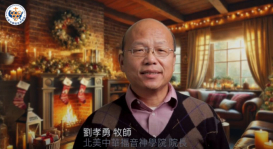
Archbishop Emeritus Desmond Tutu announced Thursday his intention to retire from public life on Oct. 7 – the day he is to turn 79.
Though he retired as Archbishop of Cape Town in 1996 and retired again after completion of the work of South Africa’s Truth and Reconciliation Commission, the Nobel Peace Prize winner said he continued to work as “my mission determined.”
“Instead of growing old gracefully, at home with my family – reading and writing and praying and thinking – too much of my time has been spent at airports and in hotels,” Tutu said in Thursday's announcement after noting how his schedule has grown "increasingly punishing" over the years.
“The time has now come to slow down, to sip Rooibos tea with my beloved wife in the afternoons, to watch cricket, to travel to visit my children and grandchildren, rather than to conferences and conventions and university campuses,” he stated.
According to Thursday’s announcement, the archbishop will limit his time in the office to one day per week until the end of February 2011, when the office begins its official winding down process.
While he intends to honor previously arranged engagements, Tutu said he would not add new appointments to his schedule.
His involvement with The Elders and Nobel Laureate Group, meanwhile, will continue, as will his support for the development of the Desmond Tutu Peace Center in Cape Town.
But the Anglican archbishop plans to step down from his positions at the University of the Western Cape, the U.N. Advisory Committee on the Prevention of Genocide, and other organizations that he is involved in – though he has yet determined which.
Tutu also said he would no longer be available for media interviews.
“As Madiba said on his retirement: Don’t call me; I’ll call you,” Tutu stated, referring to South Africa’s beloved anti-apartheid icon, Nelson Mandela.
In closing, Tutu thanked the people of South Africa for their support and contributions. He also thanked his colleagues, past and present.
And last, but not least, he thanked his wife “for being so permissive and supportive and strong.”
“Marrying Leah was the best decision I made in my life,” Tutu stated before concluding. “Now I will have the time to serve her hot chocolate in bed in the mornings, as any doting husband should.”
The Tutus founded the Desmond Tutu Peace Center in 1998 to deliver programs that promote conflict resolution, restore social justice to marginalized people and inspire leaders to be responsible and committed to the people they serve. The center also seeks to "further the understanding that peace will flow out of justice and that there is essential good in everyone."




![[Exclusive Interview] A revelation within the brink of life and death — Meg Leung’s mission in Christian art](https://www.gospelherald.com/media/cache/thumbnail/7/21/72163sp_273w_150h_1x_1y.jpg)


